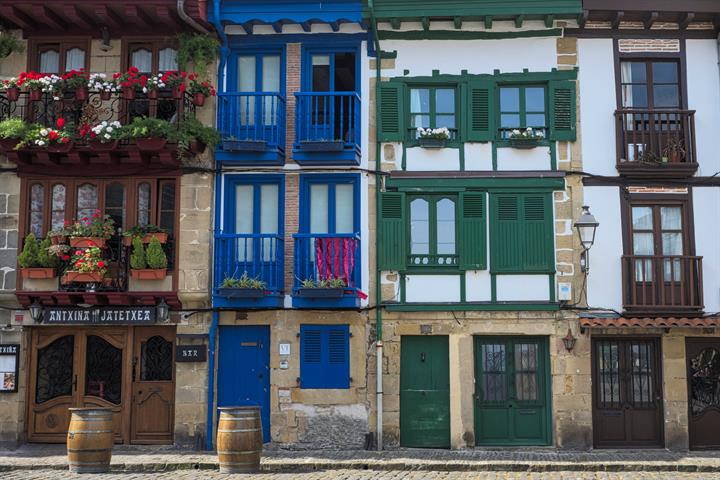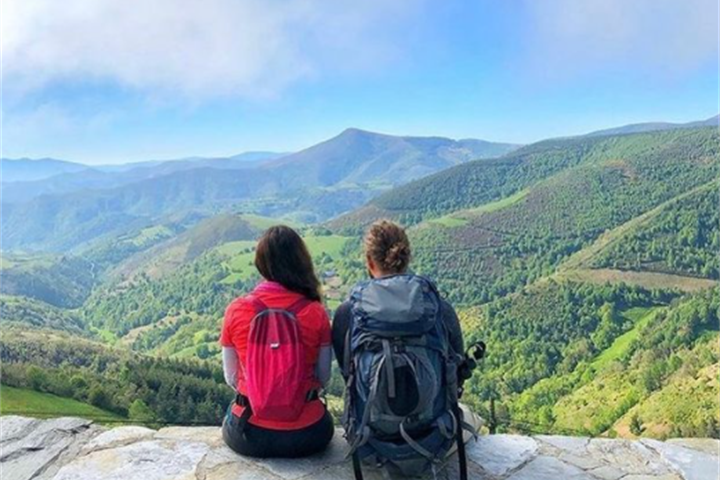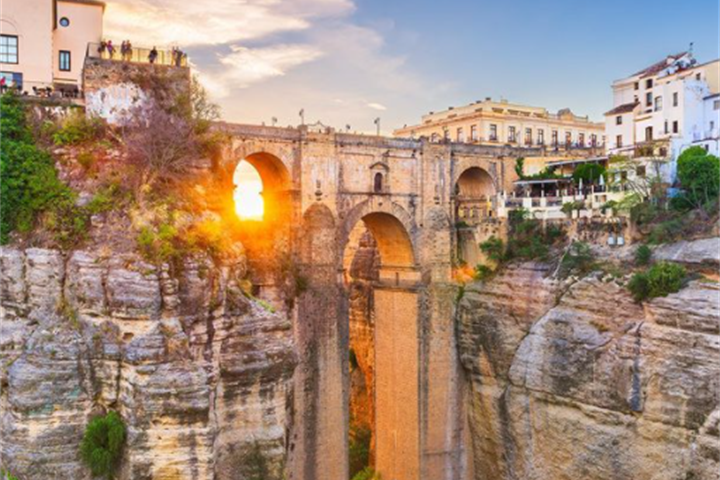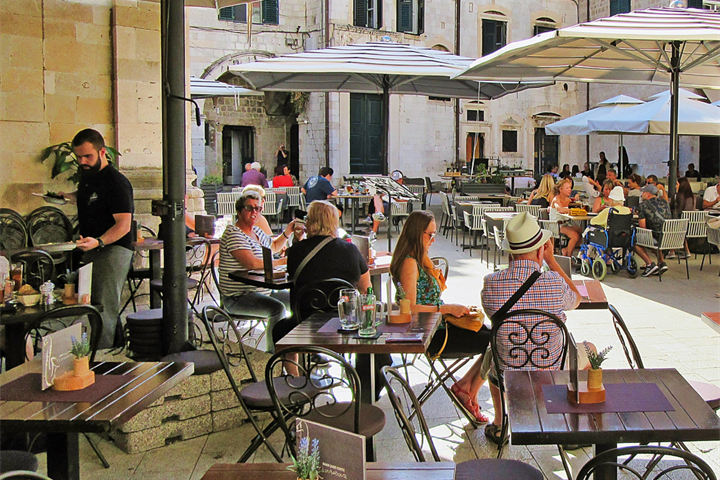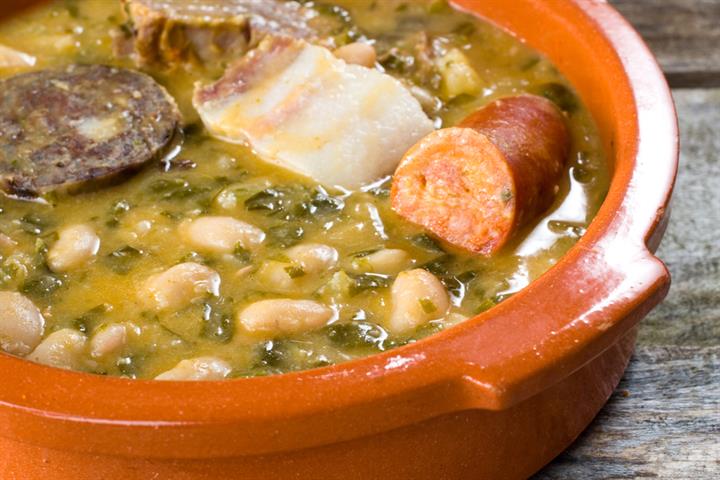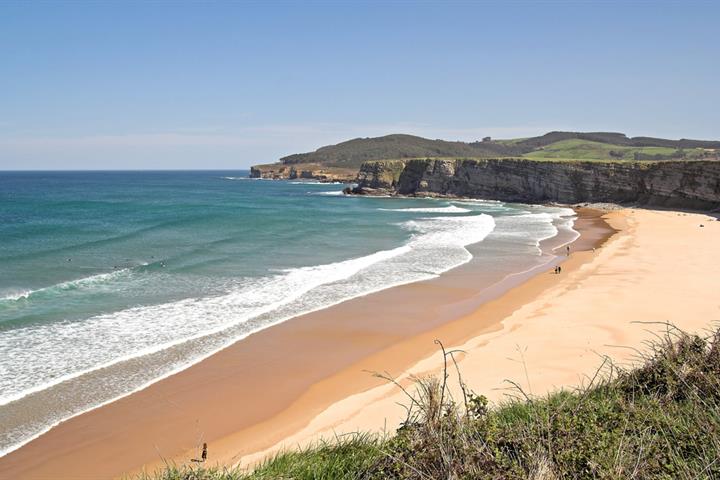Picos de Europa travel information and video
Holiday information, facts, photos and video about Picos de Europa
Featured holiday homes in Spain
Things to do while you are here
Reviews for Picos de Europa
Average overall ratings - Based on 15 reviews.
City
Coast
| City: | |
| Coast: |
Submitted by: Izabela
22. Aug 2021
This review is in English
This review is in English
Report abuse
You found this abusive
| City: | |
| Coast: |
Submitted by: Patrick Albert
8. Aug 2021
This review is in English
This review is in English
Report abuse
You found this abusive
| City: | |
| Coast: |
Submitted by: van Aken
28. Aug 2020
This review is in English
This review is in English
Report abuse
You found this abusive
| City: | |
| Coast: |
Submitted by: NORET Isabelle
17. Aug 2020
This review is in English
This review is in English
Report abuse
You found this abusive
| City: | |
| Coast: |
Submitted by: D.E. Vrauwdeunt-Vijge
4. Aug 2019
This review is in English
This review is in English
Report abuse
You found this abusive
| City: | |
| Coast: |
Submitted by: Renaat Vermeirsch
27. Jul 2019
This review is in English
This review is in English
Report abuse
You found this abusive
| City: | |
| Coast: |
Submitted by: Mia
28. Aug 2018
This review is in English
This review is in English
Report abuse
You found this abusive
| City: | |
| Coast: |
Submitted by: Sarah Colborne
9. Jul 2018
This review is in English
This review is in English
Report abuse
You found this abusive
| City: | |
| Coast: |
Submitted by: Peter van Kernebeek
13. Aug 2013
This review is in English
This review is in English
Report abuse
You found this abusive
